 ******
******|
Dr. Hasan Yahya Publications مطبوعات ومنشورات الكاتب العربي في المهجر - الدكتور حسن يحيى المجدلاوي |
|||||||
|
|
|||||||
|
Dr. Hasan Yahya Publications مطبوعات ومنشورات الكاتب العربي في المهجر - الدكتور حسن يحيى المجدلاوي |
Dr. Hasan Yahya Publications مطبوعات ومنشورات الكاتب العربي في المهجر - الدكتور حسن يحيى المجدلاوي
Dr. Hasan Yahya Publications مطبوعات ومنشورات الكاتب العربي في المهجر - الدكتور حسن يحيى المجدلاوي
100 BOOKS-Click the one of yr interest to BUY. Send a gift for love ones, READ - يا عرب إقرأوا
 *** Arab Heritage Institute
*** Arab Heritage Institute

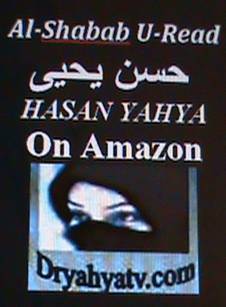
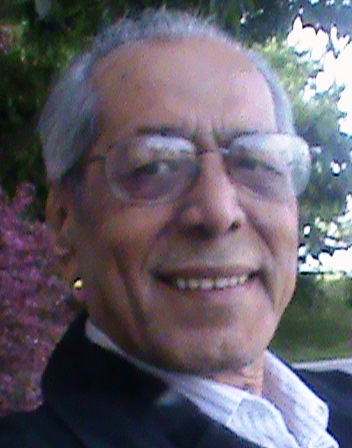 *
الكاتب العربي الأمريكي *
الدكتور حسن يحيى يحييكم ويقدم لكم كتبه باللغات العربية والإنجليزية والإسبانية
*
*
الكاتب العربي الأمريكي *
الدكتور حسن يحيى يحييكم ويقدم لكم كتبه باللغات العربية والإنجليزية والإسبانية
*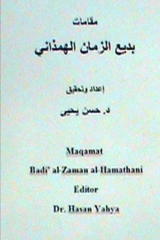 *
*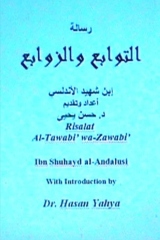 *
***
تلفزيون الدكتور يحيى *
*
***
تلفزيون الدكتور يحيى *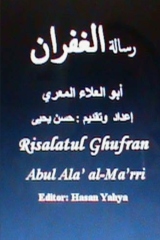 *
*
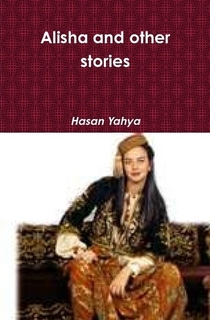 *
*
*
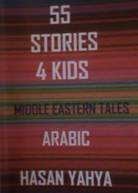 *
*
 *
*
*
 *
*
 *
*
 *
*
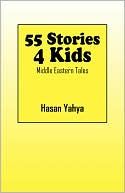 *
*
*
*
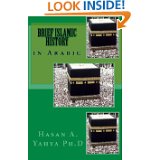 *
*
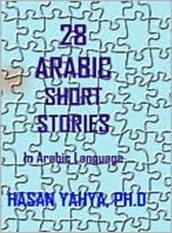 *
*
 *
*
 *
*
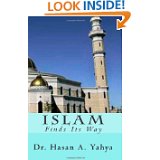 *
*
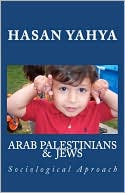 *
*
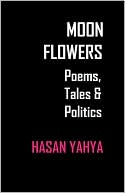 *
*
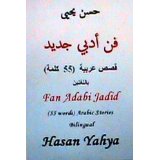 *
*
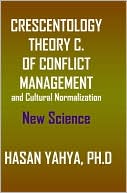 *
*
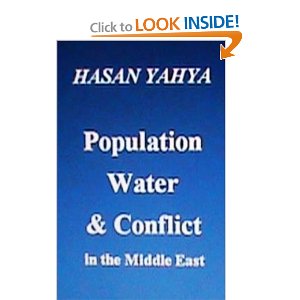 *
*
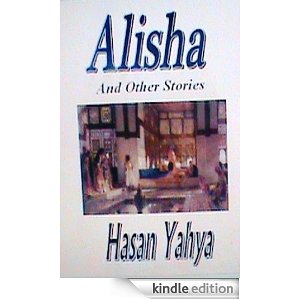 *
*
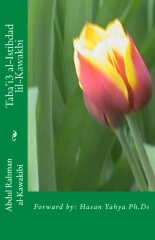 *
*
 *
*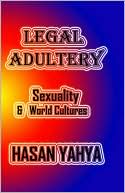 *
*
*
*
*
 *
*
*
*
 *
*
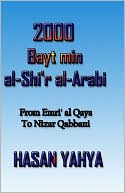 *
*
 *
*
*
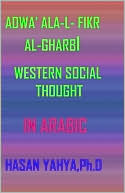 *
*
 *
*
 *
*
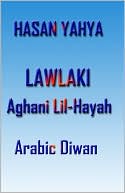 *
*
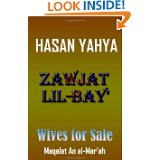 *
*
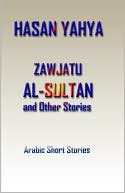 *
*
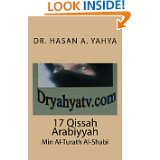
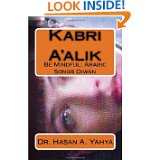 *
*
*
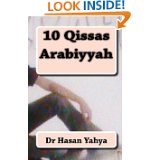 *
*
*
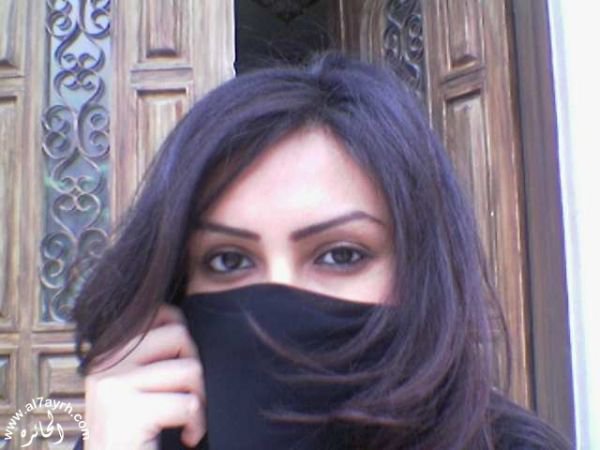 *
*
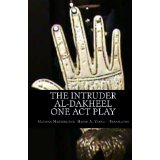 *
*
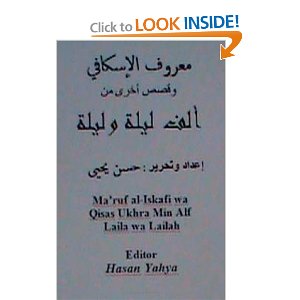 *
*
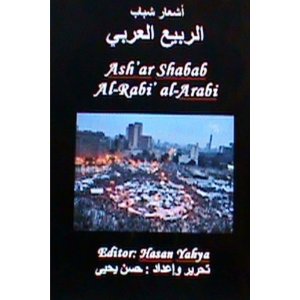 *
*
 *
*
*
*
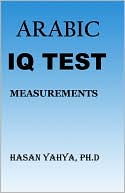 *
*
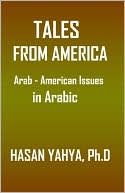 *
*
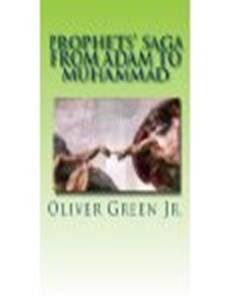 *
*
*
*
*
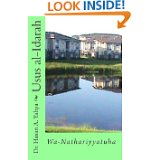 *
*
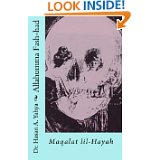 *
*
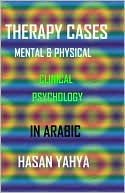 *
*
 *
*
 *
*
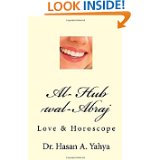 *
* *
*
 *
*
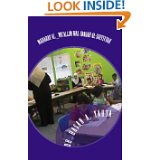 *
*
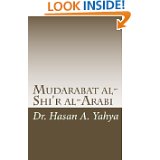 *
*
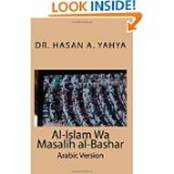 *
*
 *
*
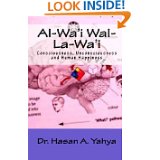 *
*
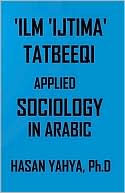 *
*
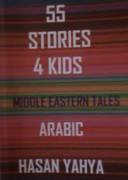 *
*
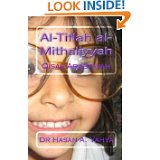 *
*
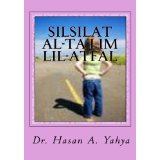 *
*
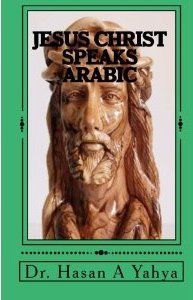 *
*
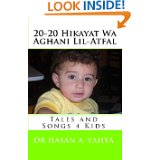 *
*
 *
*
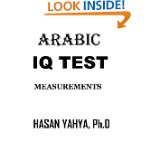 *
*
*
*
*
*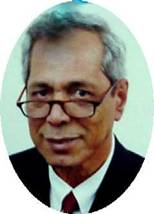 *
*
*
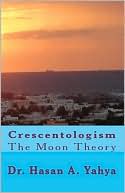 *
*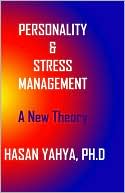 *
*
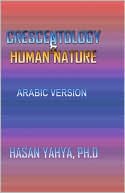 *
* *
*
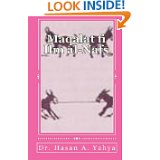 *
*
*
*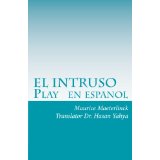 *
*
*
 *
*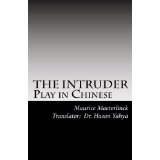 *
*
*
 *
*
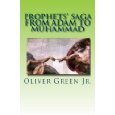 *
*
*
* *
*
*
*
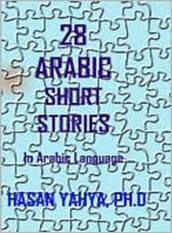 *
*
*
* *
*
*
*
*
*
*
 *
*
 *
*
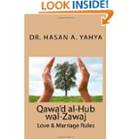 *
*
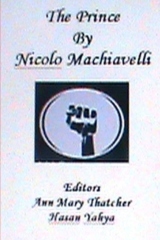 *
*
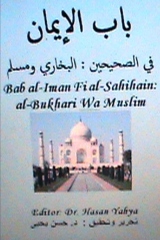 *
*
 Visit www.dryahyatv.com **** THANK YOU!
Visit www.dryahyatv.com **** THANK YOU!